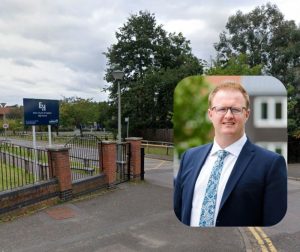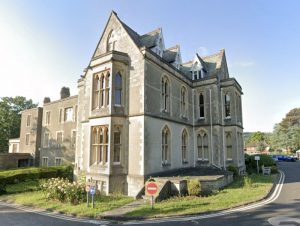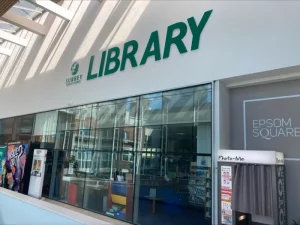A neighbour has spoken out against early proposals by developer Fairfax to build up to 110 new homes on farmland at Langley Bottom Farm in Langley Vale, describing the plans as a “devastating blow” to the character and heritage of the area.
Langley Vale, nestled between Epsom Downs and surrounding ancient woodland managed by the Woodland Trust, is described by residents as more than just a location — but a cherished community shaped by its open fields, green spaces, and rural setting.
“This isn’t empty land up for grabs,” one local resident told the Epsom and Ewell Times. “Our green belt is a living, breathing asset — a habitat for wildlife, a natural break from urban sprawl, and a place for families to enjoy the countryside. Once it’s gone, it’s gone forever.”
The concerns centre on potential impacts including increased traffic, pressure on schools and GP surgeries, and the loss of valuable farmland that has been cultivated for generations. Neighbours fear that if this initial consultation leads to formal planning permission, it would “irreversibly alter” the area and set a worrying precedent for green belt development.
In their public exhibition materials, however, Fairfax describes the proposals as sensitive and environmentally responsible. The scheme, which is subject to local consultation, would deliver up to 110 homes on 5.2 hectares of land, with half of the properties designated as affordable housing.
According to Fairfax’s consultation website and exhibition documents, the proposals include:
- a biodiversity net gain of at least 10%
- significant landscaping and green planting
- electric vehicle charging points
- improved footpaths and cycle storage
- a children’s play area
- new public green space
- contributions to local infrastructure
- funding to extend the Surrey Connect on-demand bus service
Fairfax argues that the site, currently an arable field, scores “relatively low” for biodiversity and offers opportunities to enhance wildlife habitats while protecting the adjacent ancient woodland with buffer zones.
The developer also points to the pressing local demand for housing, highlighting that Epsom and Ewell Borough Council faces strict targets for new homes, including affordable units. The homes would be built using energy-efficient methods and aim to promote sustainable travel, Fairfax says.
Residents were requested to give feedback by 16th June but the comments link is still live at the time of this post. Online at langley.your-feedback.co.uk or by contacting the project team by phone or post.
The plans are at a consultation stage only, but campaigners fear they could soon turn into a planning application. “The green belt is supposed to protect communities from precisely this type of development,” the neighbour added. “If we allow this, it will change Langley Vale for good.”
Image: Langley development layout. Courtesy Fairfax Homes.










